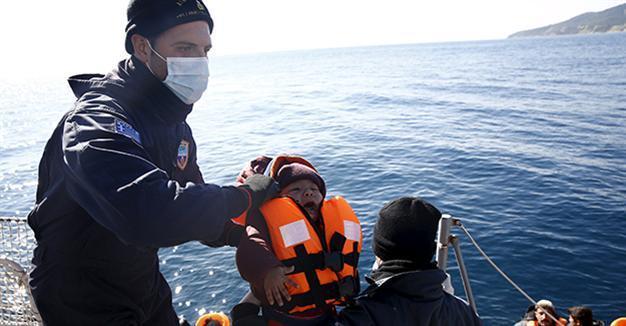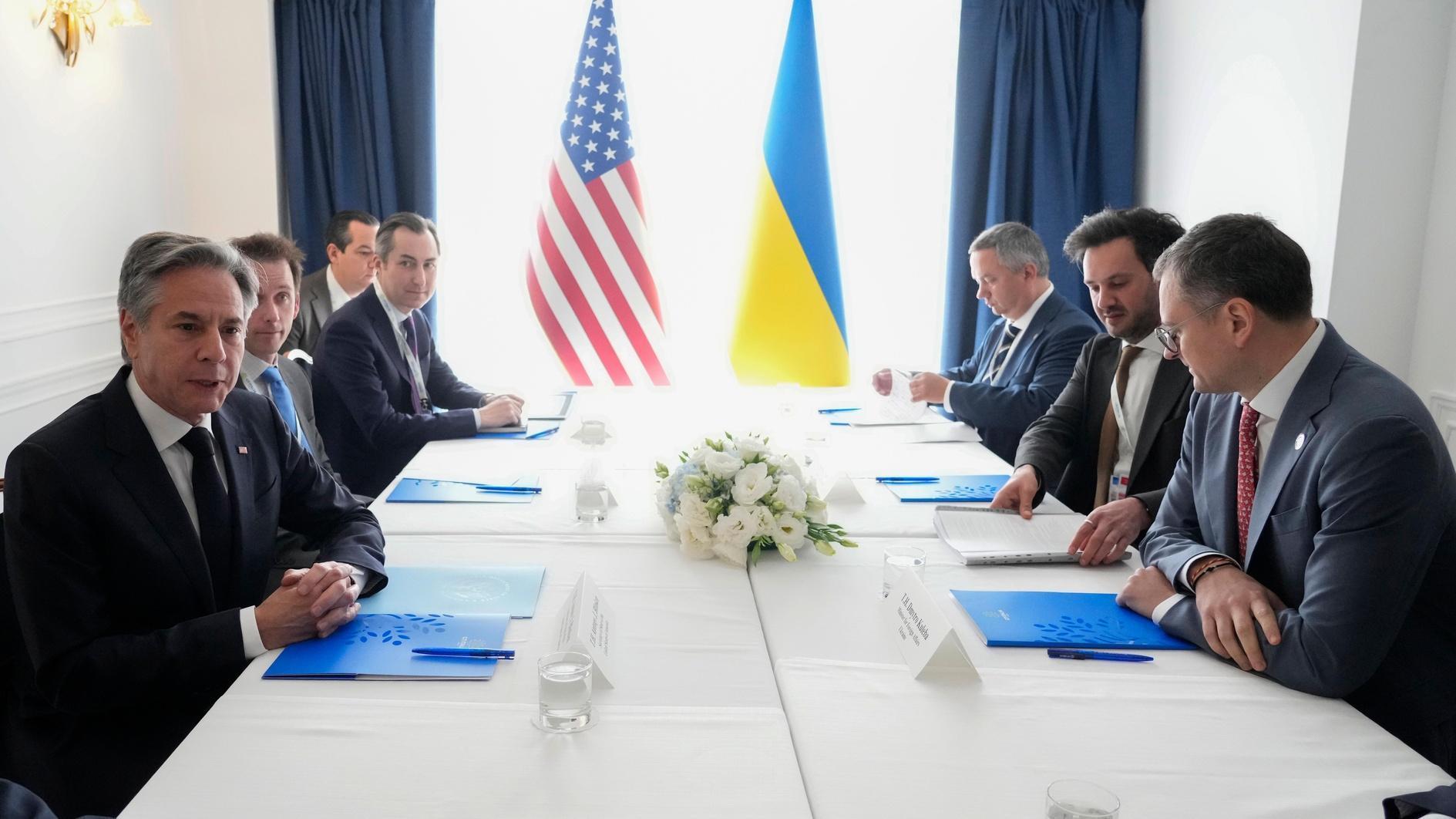NATO deploys Aegean migrant naval mission
BRUSSELS - Agence France-Presse

Greek Coast Guard officers move a baby from a dinghy carrying refugees and migrants aboard the Ayios Efstratios Coast Guard vessel, during a rescue operation at open sea between the Turkish coast and the Greek island of Lesbos, February 8, 2016. REUTERS Photo
NATO launched on Feb. 11 an unprecedented naval mission in the Aegean Sea to tackle people smugglers taking migrants and refugees from the Turkish coast, the alliance’s Secretary General Jens Stoltenberg said.The move follows a request this week by alliance members Germany, Greece and Turkey for assistance in tackling Europe’s biggest migrant crisis since World War II.
Speaking after NATO defense ministers approved the mission, Stoltenberg said Feb. 11 that NATO is “now directing the standing maritime group to move into the Aegean without delay and start maritime surveillance activities.”
The group comprises three ships that are currently under German command.
The NATO chief said the migrant crisis, driven by conflict and turmoil in Syria across the Middle East and North Africa, posed a major security threat to the 28-nation alliance.
“This is not about stopping and pushing back [refugee boats]... but about critical surveillance to help counter human trafficking and criminal networks,” he said.
The move is a major step forward into humanitarian territory for NATO, an alliance formed during the depths of the Cold War and which normally reserves its assets for strictly military matters.
German Chancellor Angela Merkel visited Turkey on Feb. 8, agreeing to make the request to NATO as thousands more refugees fled heavy fighting around the Syrian city of Aleppo.
U.S. Defense Secretary Ashton Carter earlier said that the NATO ministers had backed the plan.
“NATO and all the parties at the table this morning indicated a willingness for NATO to support and be a part of that operation,” Carter said.
“All three of those countries emphasized the need for NATO to act quickly, with which the United States strongly agrees, because this are people’s lives and destinies at stake here.”
Carter said military planners will now look at the issue and report back to NATO for final approval.
German Defense Minister Ursula Von der Leyen said that “several NATO members had pledged ships” for the mission.
“There is a clear accord with Turkey that any refugees picked up will be sent back to Turkey,” she told reporters.
Sources said the force would likely comprise five to seven ships and that they would carry out a surveillance mission. The return provision is to cover cases where the ships would rescue refugees at sea as they are obliged to do under international law if lives are in danger.
The European Commission welcomed the plan, but said it aimed to create its own border and coast guard system to fulfil the same function.
“This is a decision we welcome. We hope that lives will be saved in the Aegean Sea,” commission chief Jean-Claude Juncker’s spokesman Margartis Schinas told a news briefing.
“We regard this as very much a sort of a forerunner of the European coast guard, going back to proposals made in December,” he said.
Turkey - the only Muslim-majority nation in NATO and with one of its largest armies - was the main transit country for the more than one million migrants who reached Europe last year.
Having reached Greece, most of them made their way north to Germany and other richer countries in the European Union.
More than 70,000 made the dangerous crossing in January, with over 400 dying, according to the International Organization for Migration (OIM).
The fear now is that hundreds of thousands more could follow this year with no prospect of a negotiated solution to the war in Syria which has killed more than 260,000 people and displaced half the population since March 2011.
















